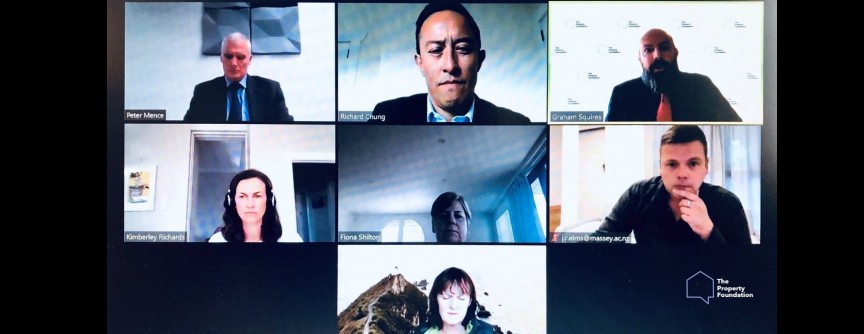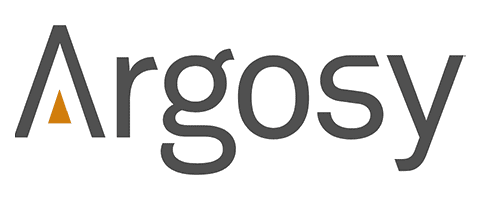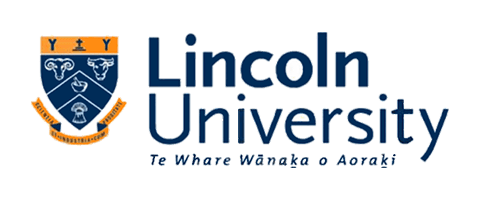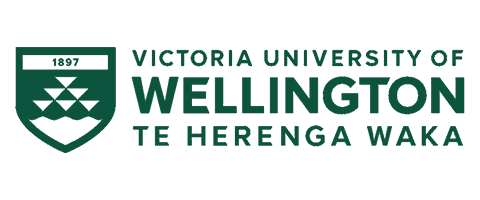
Wednesday 3 June 2020
Zoom Link
Webinar via Zoon
Event Details
At high noon on Wednesday 3rd June 2020, The Property Foundation pursued its mission to connect academia, the property industry and society by examining some of the major challenges we all face.
Running a webinar entitled How Property Pivots in a Post-Covid-19 World, The Property Foundation invited a panel of noted office, retail, industrial and tourism sector leaders that comprised Prof Jonathan Elms (Massey University), Peter Mence (Argosy Property), Fiona Shilton (The Warehouse Group), Sue Parcell (Tourism New Zealand) and Kimberley Richards (Goodman) to speak on the many ways in which Covid-19 is structurally changing property market sectors – and the challenges that lie ahead.
Themes that came out of the session, which was attended by over 100 people and hosted by Prof Graham Squires, CEO of The Property Foundation, and facilitated by Richard Chung (PwC), included:
Covid is set to accelerate industrial trends
The fact that NZ Post received 3 million parcels in the first two weeks of lockdown, a huge increase in their normal throughput, illustrates the positive demand for greater distribution network capabilities and logistics space that has emerged since lockdown. Decisions that were on the radar for 2-3 years’ time are now being brought forward, particularly around where to locate best for the ‘last-mile’ delivery (often the most difficult part) and how to increase automation, as we can expect a rise to 50% automated industrial space within 3-5 years. Also, properties on city fringes could struggle, as could secondary property that cannot adapt to the requirements of automation and technology.
Could Covid be THE trigger for coworking office space?
In terms of the commercial office market, we need to move past the concept of universally working from home. Zoom fatigue means that people are already saying they cannot wait to get back into the office, and working from home is not operating an enterprise. There is a much greater appreciation now that business culture is as important as a good strategy, as it relies on collaboration and teamwork. That said, the concept of crowding people into 1000m2 floorplates is no longer so attractive.
The pandemic has hastened the path to flexible working environments. However, in Wellington, activity-based working has taken a giant leap backwards, and some tenants have put ABW projects on hold for the next 24 months. Trend postponed. By contrast, the coworking trend is already there. Covid will certainly hasten it.
Complete retail change on order
Over the last 3 months the retail landscape completely changed as online sales surged by 350%. Covid has become the trigger for all retailers to change their practices and reimagine their stores. Across malls in particular, this is creating a seismic shift that will blur the lines between retail and hospitality.
The impact on property: fewer stores, and consolidation of stores not proving their worth. We will see some significant CBD retail closures, and bricks and mortar will have to work a lot harder and smarter in future to compete as attractive destinations. Technology will be much more evident in stores to enable the customer experience – integrating smartphone apps, VR and AR to support human interaction, not replacing it. This means that online and physical property need to be more integrated than ever, and retailers need to think a lot more creatively than before.
Bricks and mortar will not go completely, but coping with increased online distribution will be a big part of retail going forward. Stores will become more like showrooms – the Lunn Ave store for The Warehouse is far more of a showroom than other stores in the chain. Might we even see drive-thru click and collect coming through?
Blood on the ground as tourism hibernates
Massive uncertainty in the tourism industry makes future planning extremely challenging. Property-wise, this means that 28% of tourism businesses are now hibernating until the end of the off-season. We are seeing some partial openings and hotel chains consolidating to open a few doors. We have seen examples of businesses pivoting, for example motels working with government to provide housing and quarantine accommodation.
Will domestic travel be the sector’s saviour? Partly. It will be great when we can travel, but that will mainly take place around holidays and long weekends, but without the many concerts and events that fill in the gaps. Unsurprisingly, we expect to see a downturn in investment in the sector. Normally the off-season is when hotels are refurbished, but the uncertainty makes it difficult.
How much of a positive impact will the trans-Tasman bubble make? Australian visitors normally make up 50% of New Zealand’s annual inbound visitors. They stay mainly in motels, serviced apartments and hotels, mainly over shorter stays, and do not travel so much as they tend to visit specific regions. The bubble is a great strategy and will make a big difference – but it will also have its own complications. And will we have to open to up China in tandem?
Flexibility is the key to the future – completely changing what you do to be totally agile in approach and take on different things. The only way to do that is by connecting better, working with more people and parties in one big global world.






